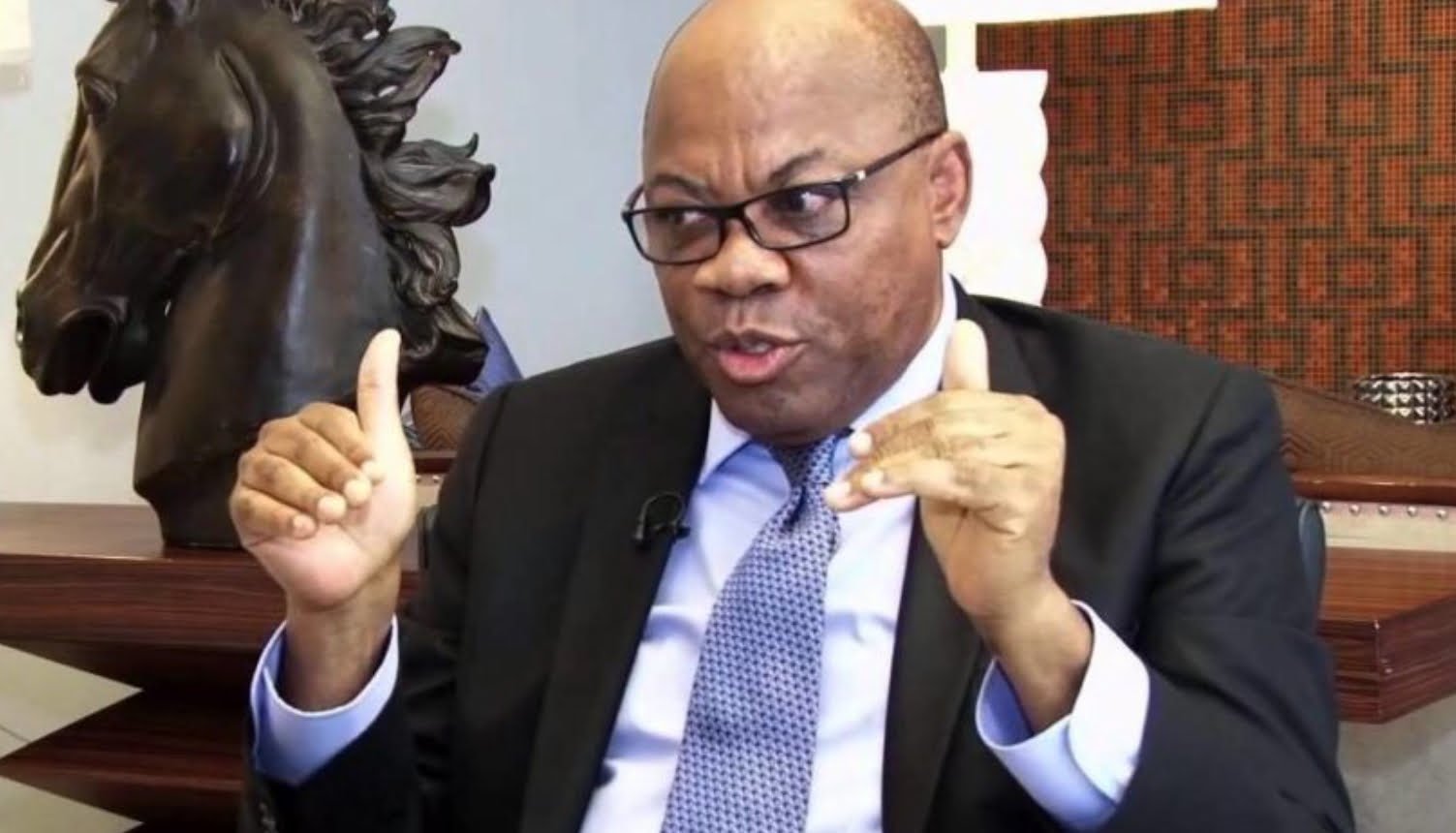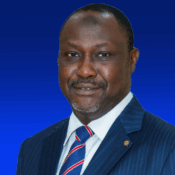
Olisa Agbakoba warns that unless there is immediate political restructuring, Tinubu’s economic reforms would fail
Olisa Agbakoba cautions that in order to enable widespread growth and give local governments more authority, Nigeria’s economic improvements require immediate political transformation.
Former Nigerian Bar Association (NBA) President and renowned constitutional attorney Mr. Olisa Agbakoba (SAN) has cautioned that unless Nigeria immediately reorganizes its political governance system, President Bola Tinubu’s economic reforms will not produce significant outcomes.
Agbakoba praised Tinubu’s guts for his major economic policy decisions, such as the removal of fuel subsidies and the deregulation of foreign exchange, in a thorough assessment titled “Two Years Assessment of President Tinubu: The Political Governance Fundamental.” However, he claimed that an overly centralised federal system that discourages economic participation and keeps more than 200 million Nigerians in unproductive informality is undermining these reforms.
Agbakoba claims that the current federal structure is “90% dysfunctional,” with 36 states and 774 local governments relying nearly exclusively on the federal government for guidance and money.
He cautioned that Nigeria’s bureaucracy is too centralized and ineffective to promote widespread economic progress, characterizing the local and state levels as “collection points” as opposed to development engines.
Political systems provide the context in which economic reforms function. Even the finest policies produce less than ideal outcomes when such systems are essentially defective, he said.
The bulk of Nigeria’s working population is employed in the informal sector, which the previous NBA president cited as being shut out of formal economic prospects because of bureaucratic delays, weak local institutions, and bad governance.
He emphasized that starting at the bottom of the ladder is where real economic development must start.
He criticized the federal government’s top-down approach to policy, citing the agricultural sector as an example, and claimed that it ignores local realities like market accessibility, soil conditions, and climate.
“Those who should benefit from the system are excluded when agricultural policy is made in Abuja rather than the communities where farmers live and work,” he remarked.
He gave successful examples from nations like Spain, where decentralized governance enables local governments and areas to create focused policies that stimulate economic growth using resources like grapes and olive oil.
Agbakoba praised Tinubu’s economic reforms but contended that, without a more comprehensive governance overhaul, they are “necessary but insufficient.”
He cautioned that by concentrating gains among elites already enmeshed in formal processes, such reforms can actually make inequality worse.
“We are constructing a 20-story structure on a base that is cracked. Nigeria’s development program would not move forward unless the governance base is repaired, he stated.
Nigeria’s governance structure, according to Agbakoba, is a “capacity trap,” with state and local governments being underpowered and the federal government being overburdened.
He claimed that because of the extensive red tape and subpar policy implementation, this leads to inefficiencies and deters investment.
The necessity of restructuring—a change from the current “unitary system disguised as federalism” to a genuinely multilevel governance model with distinct autonomy and duties for each tier—is at the heart of Agbakoba’s proposal.
“Restructuring has economic as well as political components. Active local government is the foundation of high-growth, sustainable economies. If just the federal level is operational, Nigeria cannot develop,” he said.
Agbakoba maintained that enabling local organizations to carry out services, uphold agreements, and support company growth would unleash the economic potential of millions of people who are today shut out.
Agbakoba suggested a mix of legislative changes, administrative reorganizations, and executive decrees to establish true federalism.
The President has the authority to assign important duties to subnational administrations, such as regulating microfinance, local trade, driver’s licenses, and agricultural policy.
“To enable efficient devolution and fiscal federalism, the National Assembly should alter the constitution to establish separate legislative lists for the federal, state, and municipal governments.
“Instead of directing implementation, federal ministries should concentrate on establishing standards, letting subnational organizations oversee regional economic priorities.”
Agbakoba said that the constitution must give local governments the authority to oversee essential services including waste management, healthcare, education, and market regulation—roles that state governments presently monopolize.
Instead of concentrating only on Abuja and a few major centers, he claimed that a reorganized Nigeria would support numerous centers of economic growth.
“A system of broad-based economic participation is intended to replace a rent-seeking system,” he stated. “Nigeria’s entrepreneurial energy will be unstoppable when local governments function, state governments are given more authority, and bureaucracies change from controlling to facilitating.”
“The administration of Tinubu is at a critical crossroads and needs to embrace a paradigm shift in political governance,” Agbakoba said.
He claimed that even the best-laid plans for economic interventions would continue to fail if restructuring was not done.
All Categories
Recent Posts
Tags
+13162306000
zoneyetu@yahoo.com



